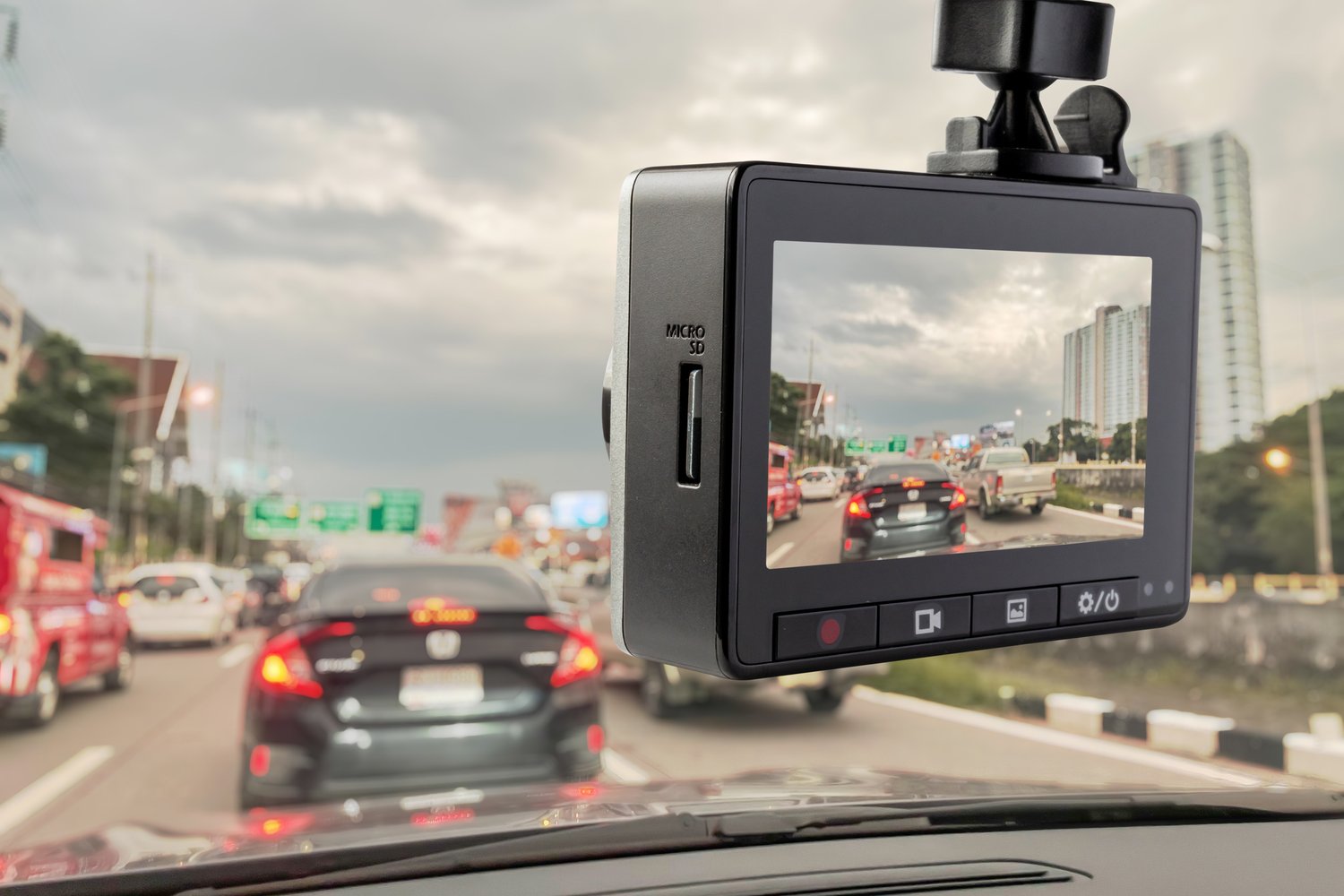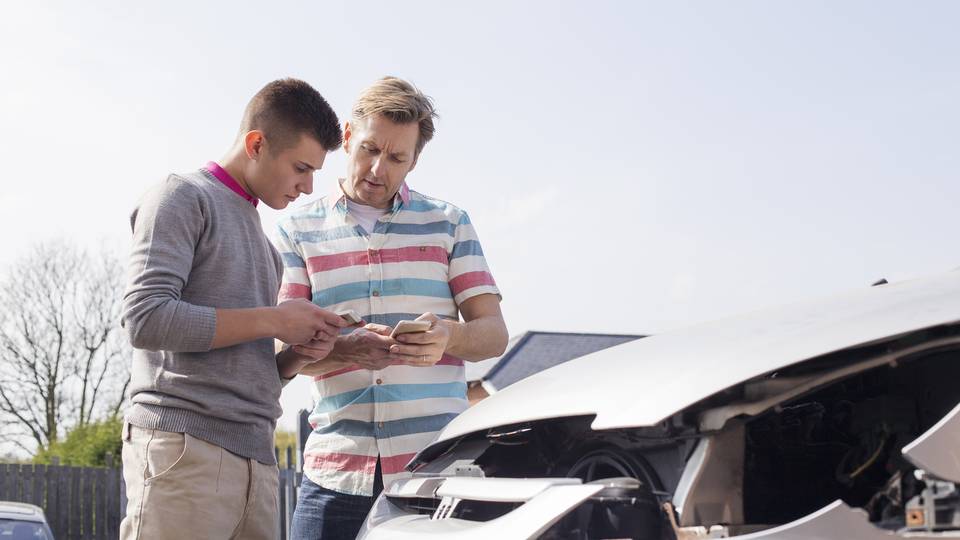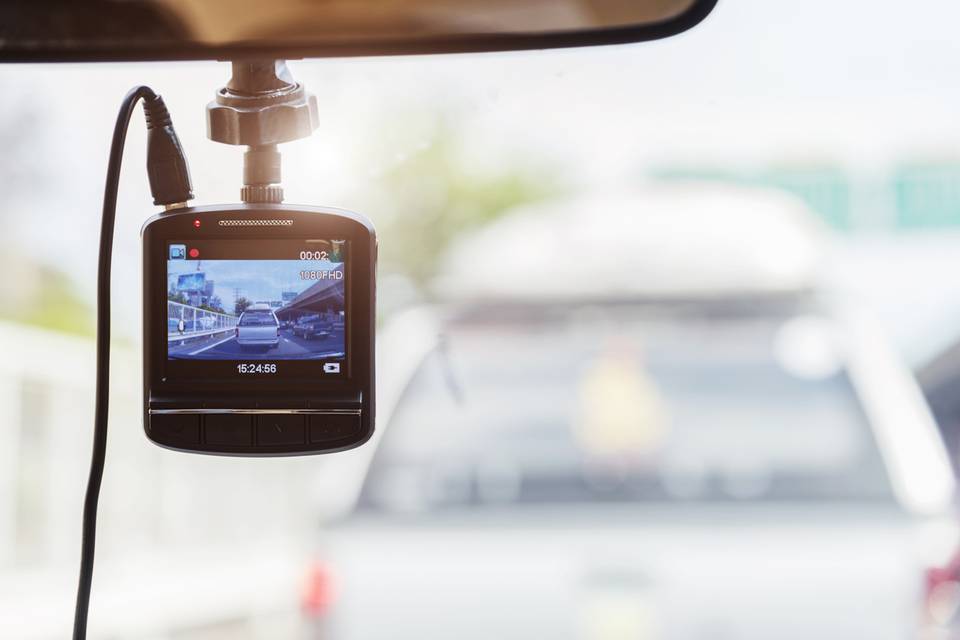Features of dashboard cameras
If you do decide to look into a dash camera for your vehicle, you will be amazed by some the technology currently available. Popular brands include Garmin, Nextbase and GoPro.
Here are some features to consider when choosing the best dash cam for your needs.
Automatic start and record
Many dash cams automatically turn on and record when you start driving. Then you don’t have to remember to power them up and in case of an accident, you’re always ready.
Parking mode
Some models offer dash cam recording automatically even when the vehicle is not on. This may be a good feature for you if you park your vehicle outside and are wary of vandalism or break-ins.
Memory capacity
The amount of footage a dash cam will be able to record and store depends on the microSD card it hold. If your dash cam records in higher resolution (for example a 4K dash cam), you will also need a larger memory card or will have a lower range of hours recorded. Some models will loop record, meaning they will record over previous footage once the memory is exhausted.
Attachment
Some dash cams are mounted to the windshield or dashboard via an adhesive mount and others through a suction cup. The adhesive mount is generally more secure, which is worth considering if you take a lot of road trips, off road or commute on bumpy streets.
Field-of-view
The range of video recording the camera takes in varies from model to model. Most dash cams can view 140 degrees, but they can range from 125 degrees to 165 degrees. You want to make sure you have a wide enough field of vision to capture both in front and to the side of your vehicle.
GPS and Wi-Fi
Some dash cams offer built-in GPS which can supply location and speed data with the video evidence. Some also connect to Wi-Fi or bluetooth to allow you to easily connect the camera with your Apple or android device.
Night vision
If you frequently drive at night, you may want to focus on a model that offers better night vision. This feature is a processing effect on the video that boosts the exposure when filming in areas with little light.
Emergency alerts
Some dash cam models offer a real-time emergency SOS system in conjunction with GPS tracking that will alerts emergency services of your location in the event of an accident, if you are unresponsive.
When deciding if you should get a dash cam or choosing a new dash cam, there are no shortage of gadgets to consider. Look at your driving habits to determine which will most meet your needs.




